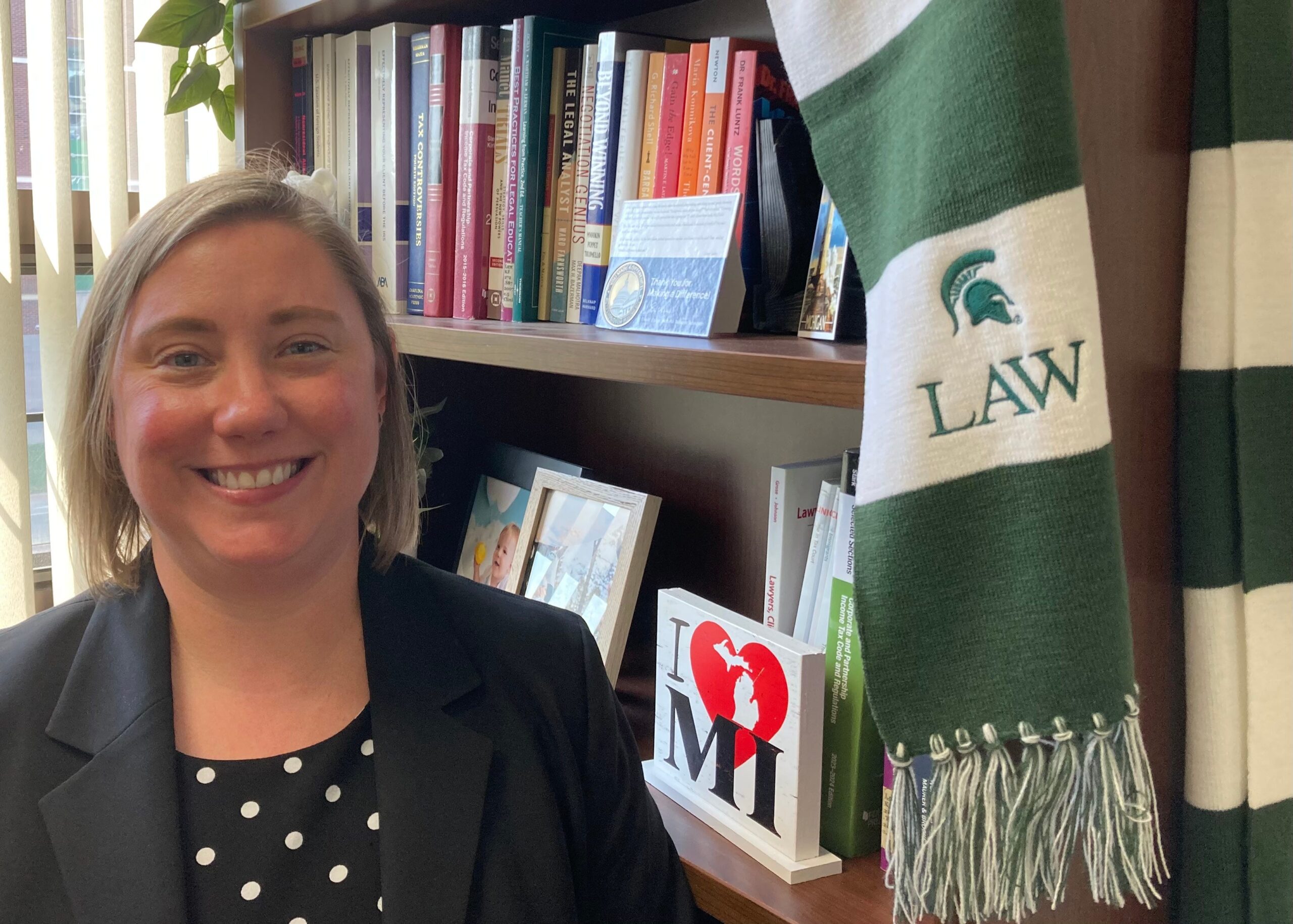URGENT UPDATE: The Alvin L. Storrs Low-Income Taxpayer Clinic at Michigan State University is stepping up to assist clients facing overwhelming tax challenges, including victims of scams and IRS audits. With 11 law students on staff, the clinic is dedicated to helping low-income taxpayers navigate complex tax issues, particularly surrounding the Earned Income Tax Credit (EITC).
Recent reports reveal that at least half of the clinic’s cases involve disputes over the EITC, a crucial financial lifeline for low-income families. Director Christina Wease emphasizes the urgency for taxpayers to respond to IRS notices promptly, stating, “Ignoring the IRS is not a good strategy.” Particularly alarming is the situation of clients who have fallen victim to scams, like romance fraud, leading to unexpected tax liabilities.
The clinic is celebrating its 25th anniversary in 2025 and has seen a surge in cases as the tax season approaches. Many clients are shocked to discover they owe substantial amounts after being misled by scammers. For instance, one victim withdrew $200,000 from a retirement account due to a romance scam, resulting in a tax bill of $60,000.
The IRS is intensifying its audits, especially for returns claiming the EITC, raising alarm among low-income filers. In 2022, nearly 38% of EITC audit cases were closed due to no response from the taxpayer, leading to hefty tax balances. Wease highlights the emotional toll this takes on clients, many of whom are already struggling financially.
The MSU clinic is one of several Low Income Tax Clinics in Michigan, providing vital support to those who qualify with incomes below $66,625 for a family of three. As tax bills pile up, the clinic helps clients gather documentation and navigate the audit process. “You have the assumption that if you’re being audited, you did something wrong. That’s just a bad assumption to start,” Wease warns.
With the current federal government shutdown, tax filers face additional delays as the clinic cannot submit documents or resolve cases with the IRS. Wease noted, “I am hesitant to submit anything to the IRS during a shutdown because of the probability of the submission being lost in the chaos of the shutdown.”
Furthermore, the clinic is addressing issues stemming from bad tax advice, as some clients unknowingly claimed credits they were not eligible for, leading to further complications and collection notices. The IRS recently imposed over $162 million in penalties linked to false tax credits, highlighting the risk of misinformation spreading through social media platforms.
Victims of scams, particularly those facing tax bills tied to fraudulent activities, are encouraged to seek help. Wease and her team are committed to supporting clients in proving their eligibility for credits and resolving their tax issues. The clinic has assisted thousands of taxpayers, helping secure $10 million in refunds and reducing tax liabilities by over $41 million nationwide.
As the tax season approaches, individuals are urged to stay informed and proactive. “Open that letter and ask for help,” advises Margot Crandall-Hollick, a principal research associate at the Urban-Brookings Tax Policy Center. The MSU Tax Clinic remains a crucial resource for those navigating the complex landscape of tax laws and IRS audits.
For anyone facing similar challenges, reaching out to local tax clinics can provide the necessary support to avoid financial devastation. The clinic is ready to assist, but as Wease warns, “The worst thing any tax filer can do is ignore a notice or letter from the Internal Revenue Service.”







